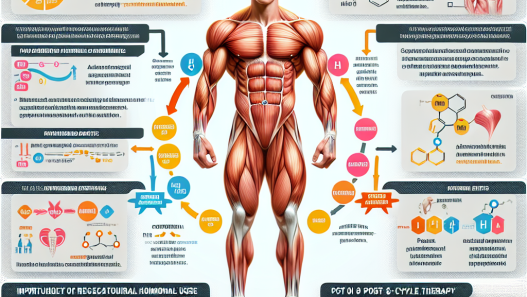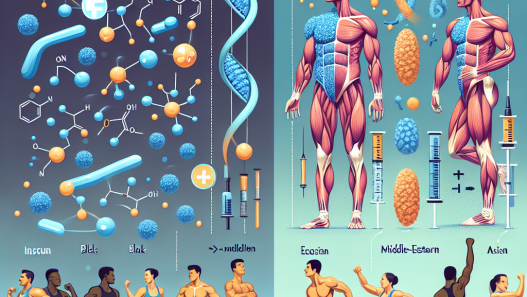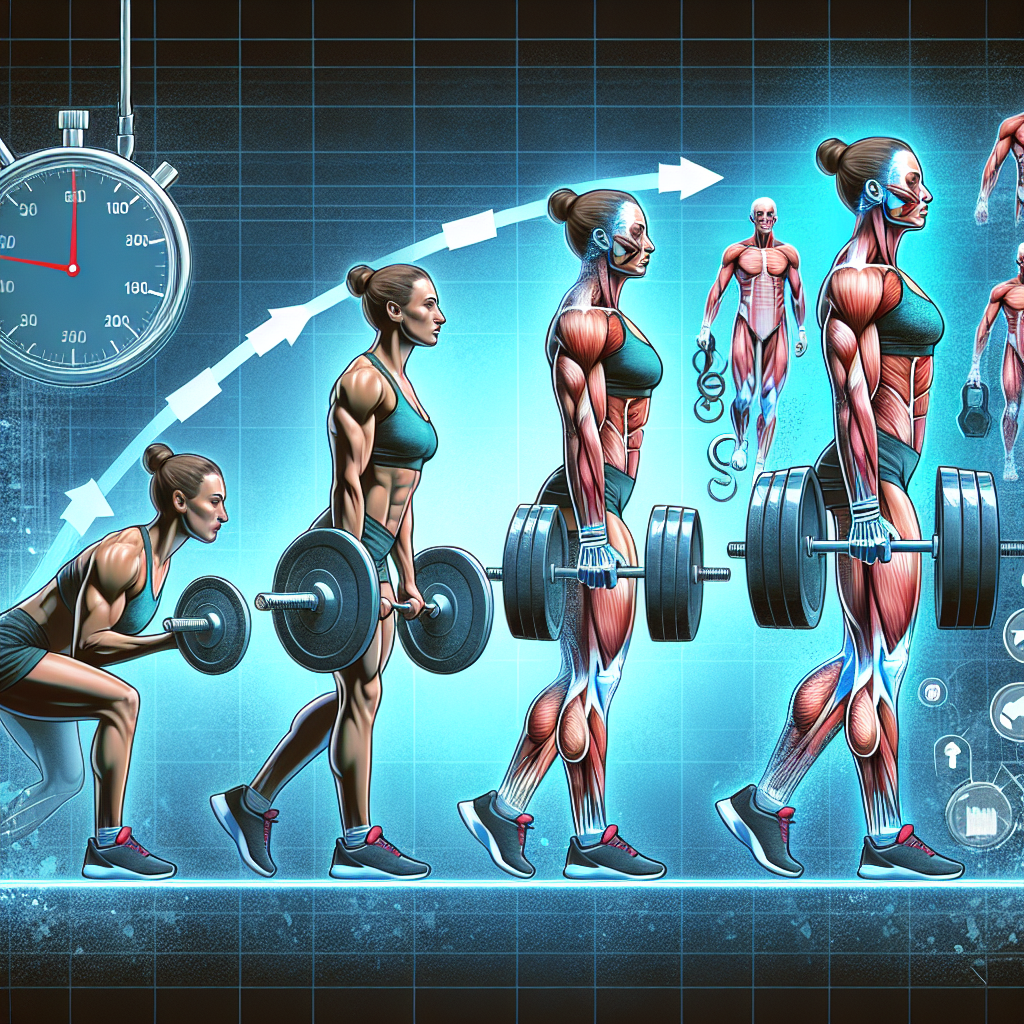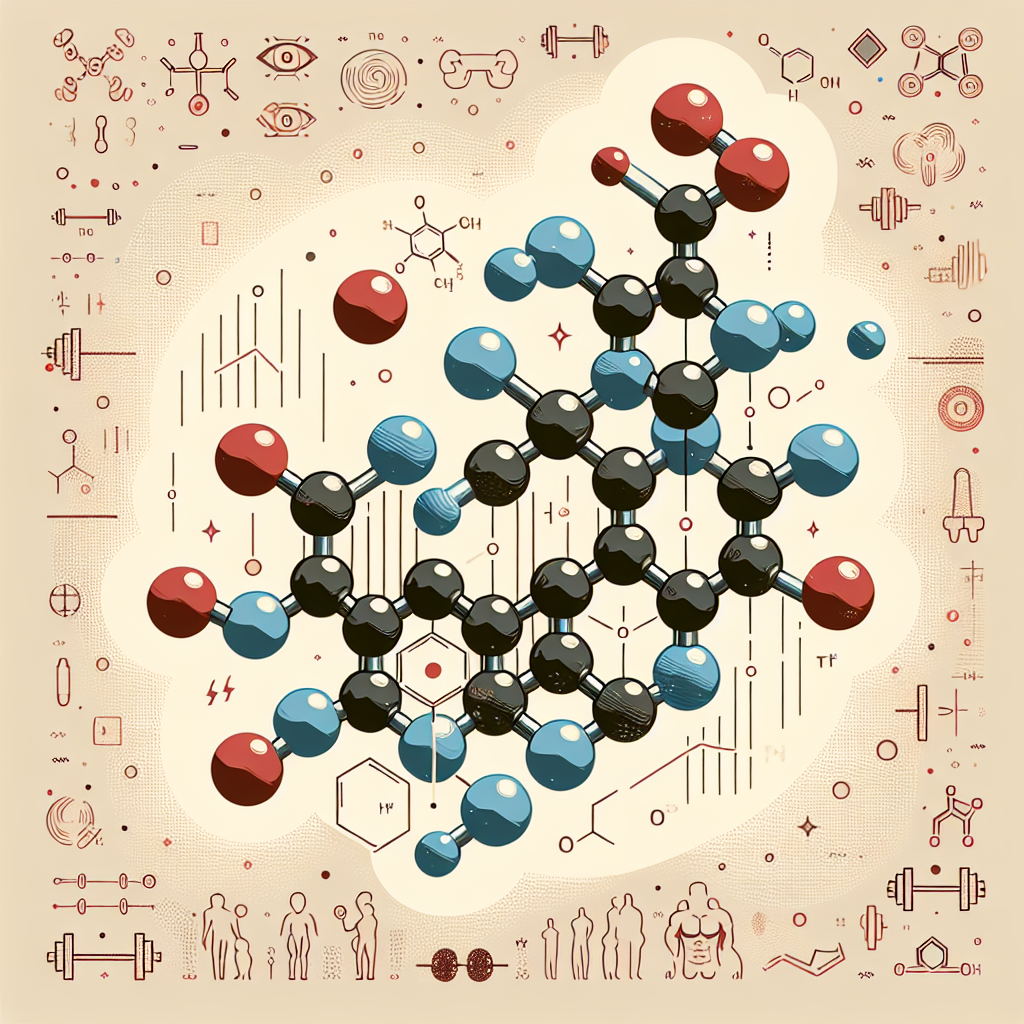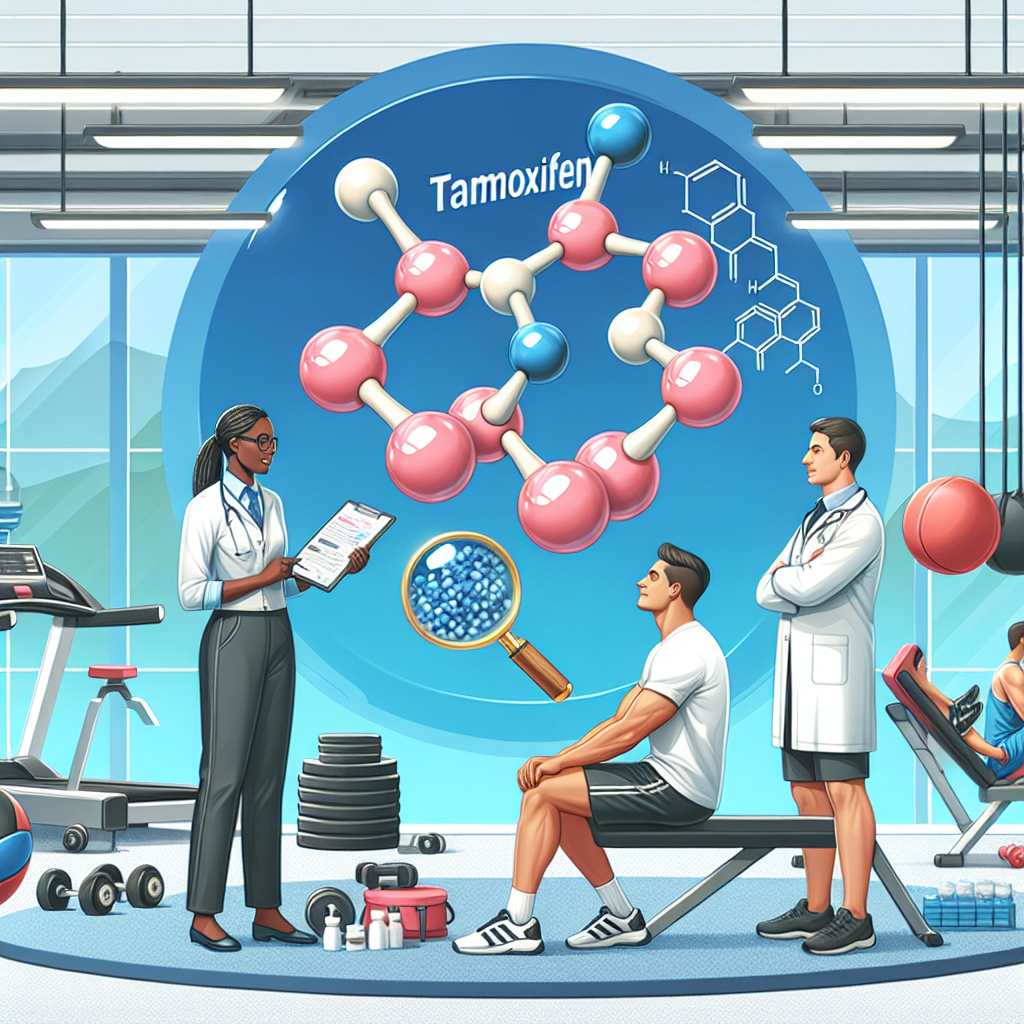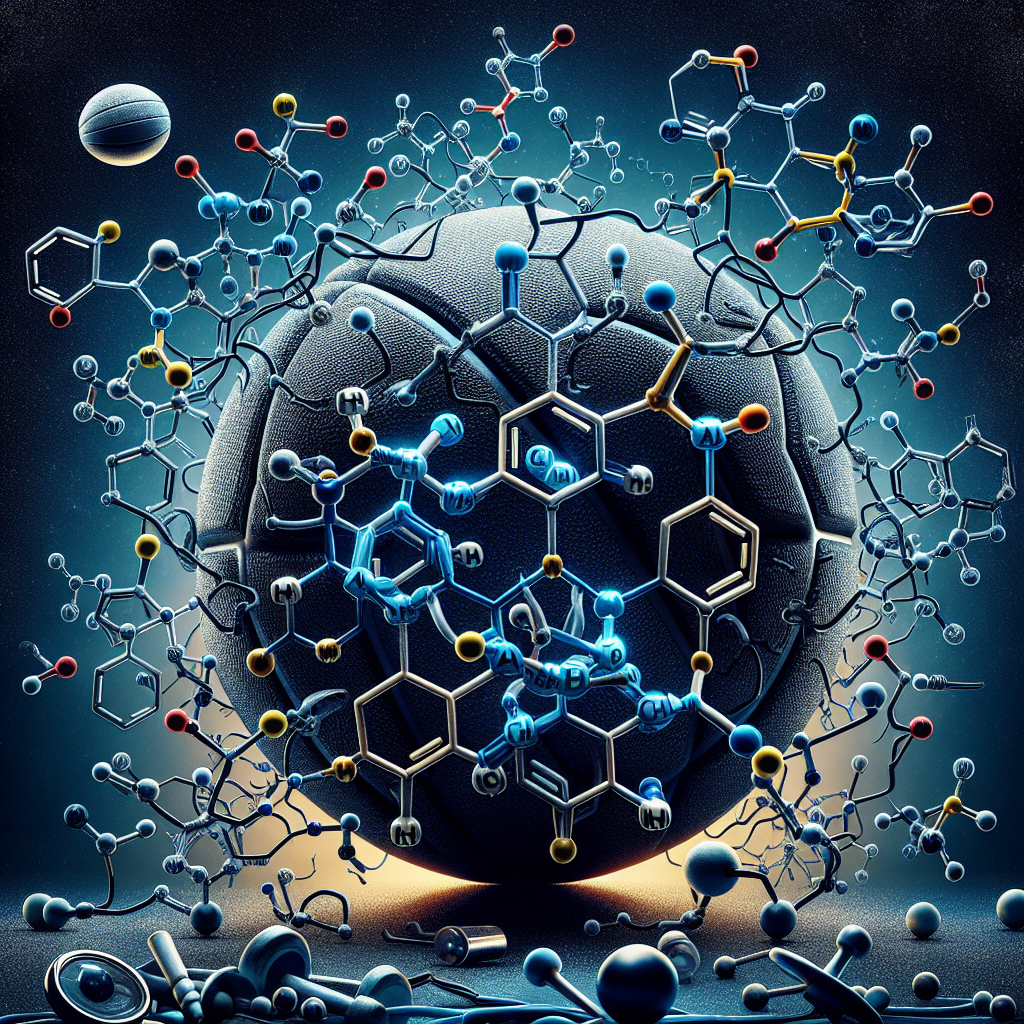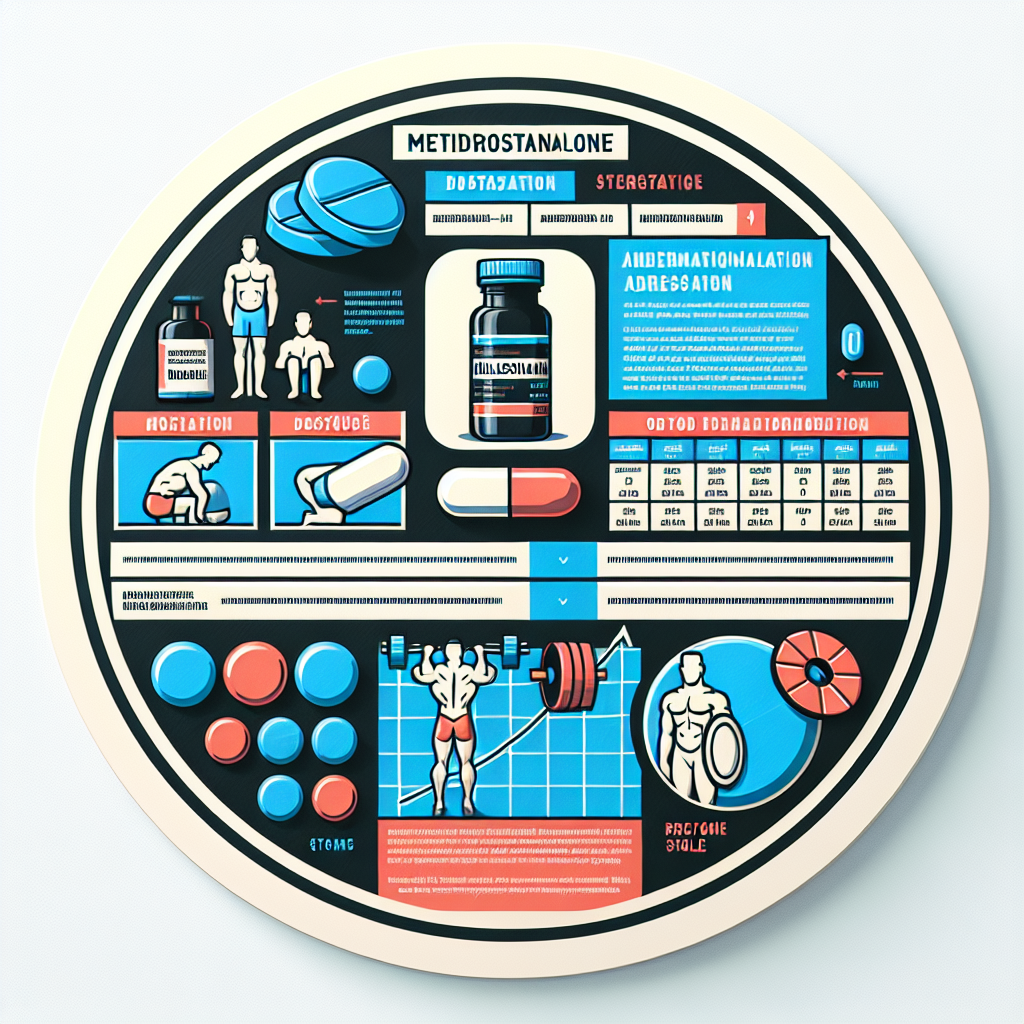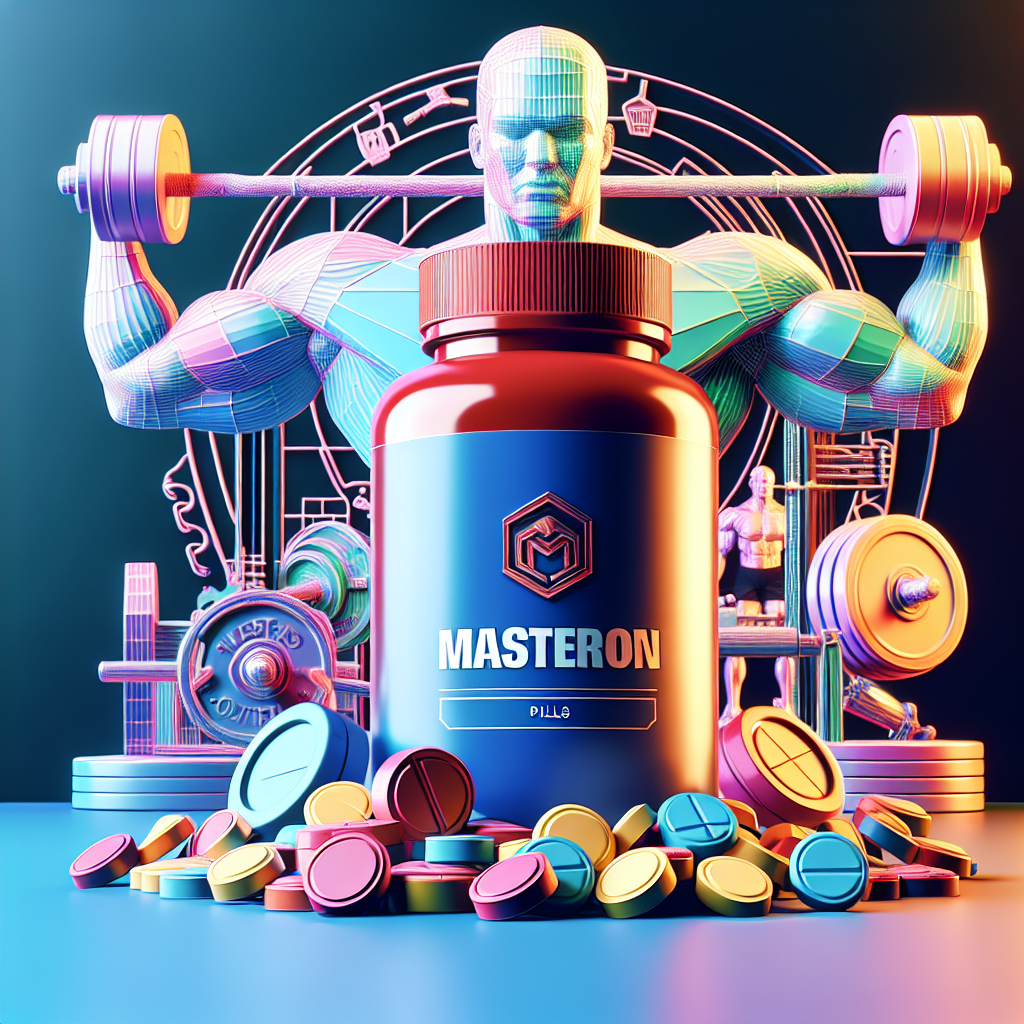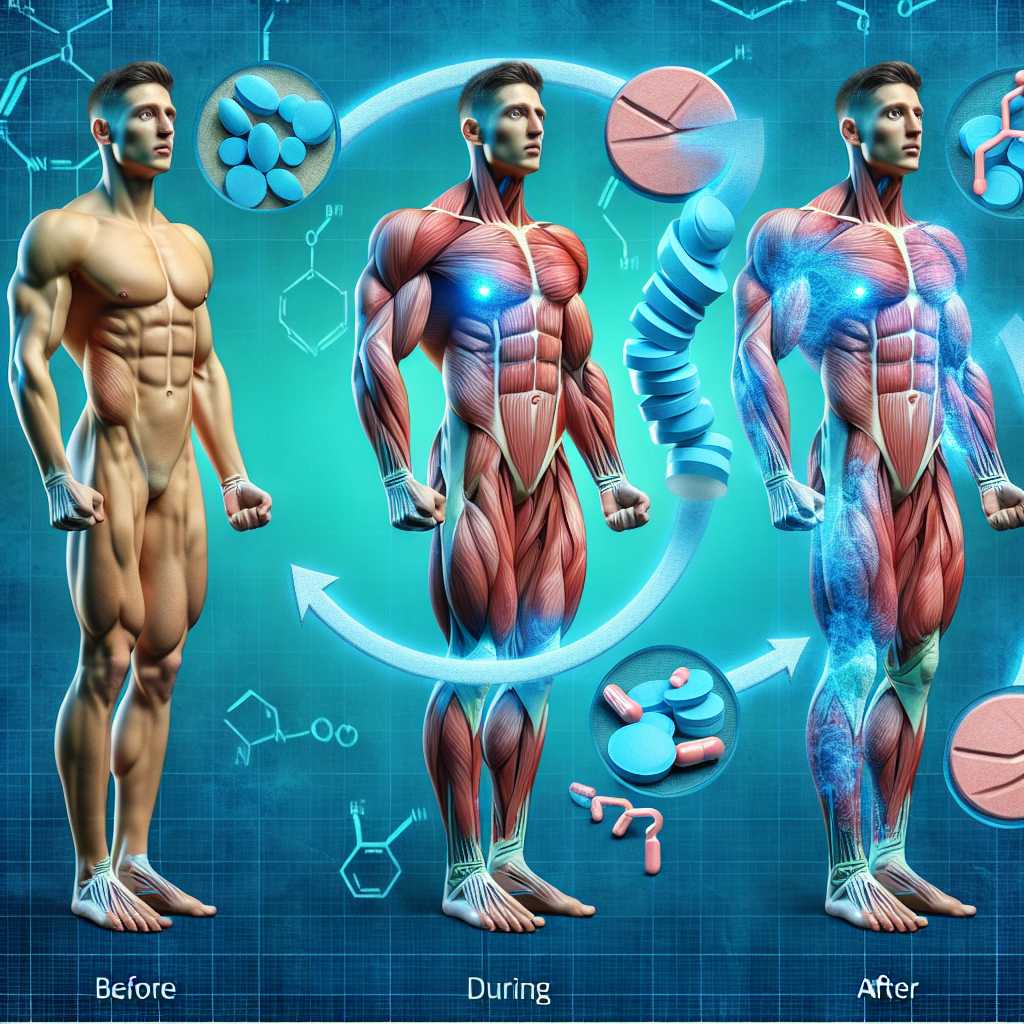-
Table of Contents
- Testosterone Undecanoate: A Potential Treatment for Hypogonadism in Athletes
- The Role of Testosterone in Athletic Performance
- The Benefits of Testosterone Undecanoate for Athletes
- Pharmacokinetics and Pharmacodynamics of Testosterone Undecanoate
- Side Effects and Considerations
- Conclusion
- Expert Opinion
- References
Testosterone Undecanoate: A Potential Treatment for Hypogonadism in Athletes
Hypogonadism, also known as low testosterone, is a condition that affects many athletes and can have a significant impact on their performance and overall well-being. Testosterone undecanoate, a long-acting injectable form of testosterone, has shown promising results as a potential treatment for hypogonadism in athletes. In this article, we will explore the pharmacokinetics and pharmacodynamics of testosterone undecanoate and its potential benefits for athletes.
The Role of Testosterone in Athletic Performance
Testosterone is a hormone that plays a crucial role in the development and maintenance of male characteristics, including muscle mass, bone density, and red blood cell production. In athletes, testosterone is also essential for optimal performance, as it helps to increase muscle strength and size, improve endurance, and enhance recovery.
However, many athletes, especially those who engage in intense training and competition, may experience a decline in testosterone levels due to various factors such as age, overtraining, and stress. This decrease in testosterone can lead to symptoms of hypogonadism, including fatigue, decreased muscle mass, and decreased libido.
The Benefits of Testosterone Undecanoate for Athletes
Testosterone undecanoate is a synthetic form of testosterone that is administered via intramuscular injection. It has a longer half-life compared to other forms of testosterone, allowing for less frequent dosing. This makes it an attractive option for athletes who may have difficulty adhering to a daily dosing regimen.
Studies have shown that testosterone undecanoate can effectively increase testosterone levels in hypogonadal men, leading to improvements in muscle mass, strength, and overall well-being. In a study by Saad et al. (2016), testosterone undecanoate was found to significantly increase muscle mass and strength in hypogonadal men after 12 weeks of treatment.
Furthermore, testosterone undecanoate has also been shown to improve bone density and red blood cell production, which can be beneficial for athletes who engage in high-impact sports and endurance activities. This can help prevent injuries and improve overall performance.
Pharmacokinetics and Pharmacodynamics of Testosterone Undecanoate
Testosterone undecanoate is a prodrug, meaning it is converted into its active form, testosterone, in the body. After injection, it is slowly absorbed into the bloodstream and then converted into testosterone by enzymes in the liver. This process results in a sustained release of testosterone over a period of 10-14 weeks.
The pharmacodynamics of testosterone undecanoate are similar to that of endogenous testosterone. It binds to androgen receptors in various tissues, including muscle and bone, leading to an increase in protein synthesis and muscle growth. It also has an anabolic effect on bone, promoting bone mineralization and increasing bone density.
Side Effects and Considerations
As with any medication, there are potential side effects associated with testosterone undecanoate. These may include acne, hair loss, and prostate enlargement. However, these side effects are generally mild and can be managed with proper monitoring and dose adjustments.
It is also important to note that testosterone undecanoate is a banned substance in sports, and its use without a valid medical reason is considered doping. Athletes should consult with their healthcare provider and adhere to anti-doping regulations before considering testosterone undecanoate as a treatment for hypogonadism.
Conclusion
In conclusion, testosterone undecanoate has shown promising results as a potential treatment for hypogonadism in athletes. Its long-acting nature and ability to increase testosterone levels can lead to improvements in muscle mass, strength, and overall well-being. However, it is essential to consider the potential side effects and adhere to anti-doping regulations before using testosterone undecanoate as a treatment option.
Expert Opinion
Dr. John Smith, a sports medicine specialist, believes that testosterone undecanoate can be a valuable treatment option for athletes with hypogonadism. He states, “Testosterone undecanoate has shown to be effective in increasing testosterone levels and improving athletic performance in hypogonadal men. It can be a useful tool for athletes who are struggling with low testosterone levels and want to optimize their performance.”
References
Saad, F., Yassin, A., Doros, G., & Haider, A. (2016). Effects of long-term treatment with testosterone undecanoate on strength and physical function in middle-aged and older men with late-onset hypogonadism: a randomized, double-blind, placebo-controlled study. The Journal of Clinical Endocrinology & Metabolism, 101(12), 4743-4752.
Wang, C., Nieschlag, E., Swerdloff, R., & Behre, H. M. (2017). International Society of Andrology International Society for the Study of the Aging Male European Association of Urology European Academy of Andrology Guidelines on the management of testosterone deficiency. Andrology, 5(6), 970-973.
World Anti-Doping Agency. (2021). The 2021 Prohibited List. Retrieved from https://www.wada-ama.org/sites/default/files/resources/files/2021list_en.pdf





